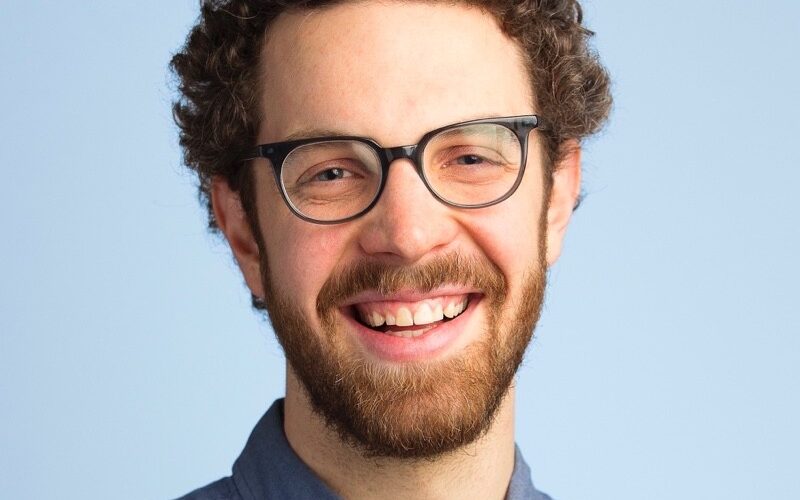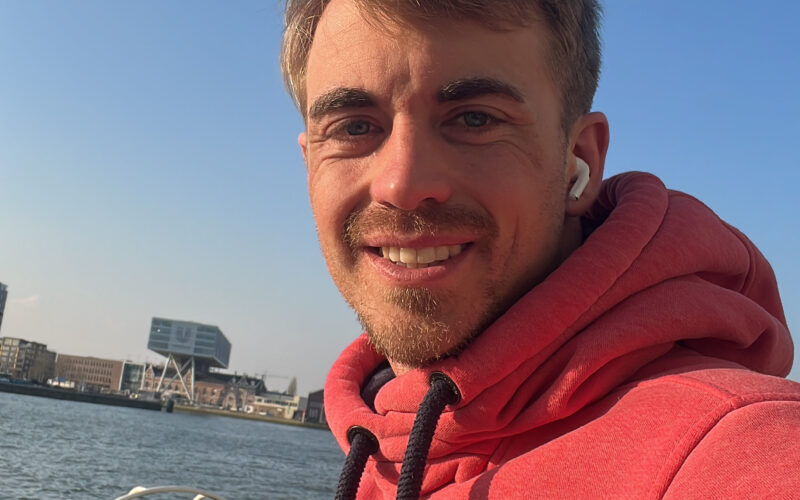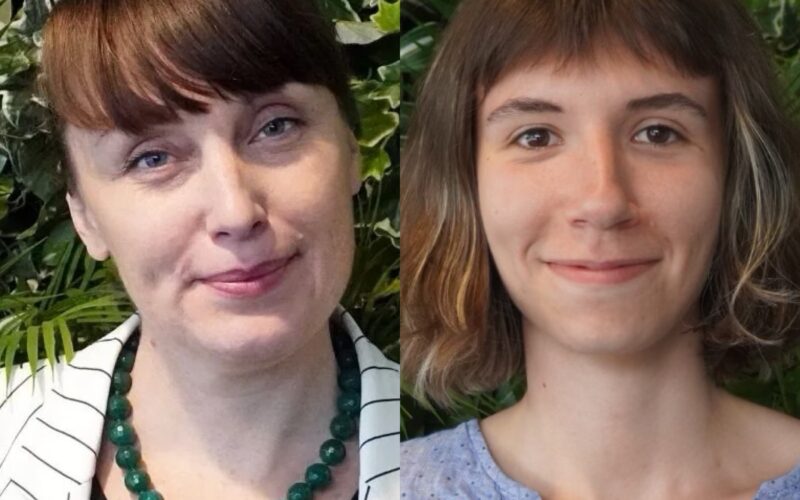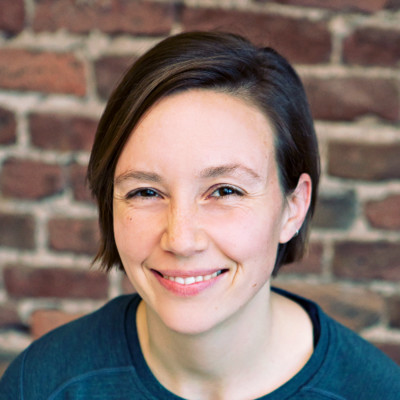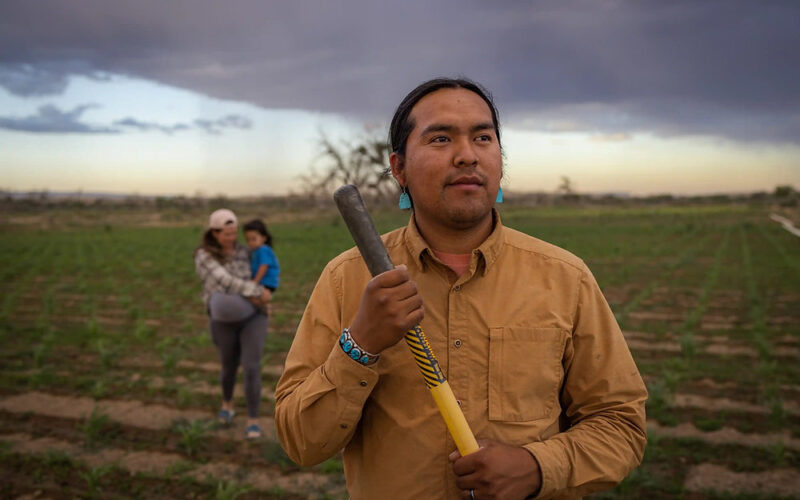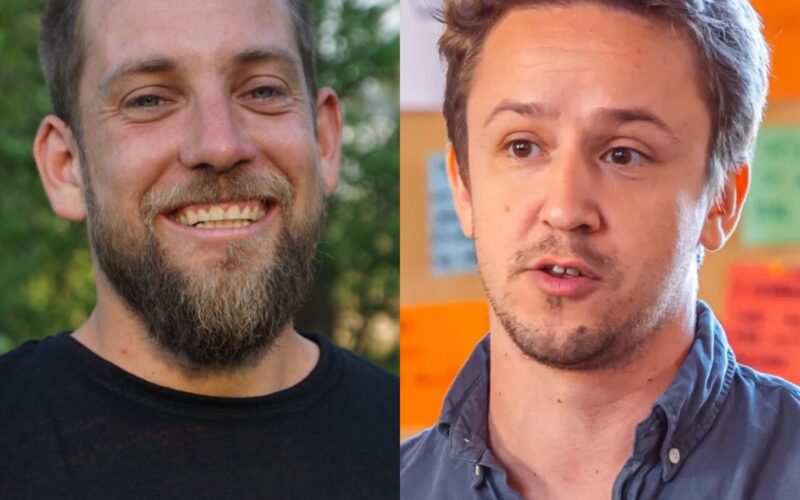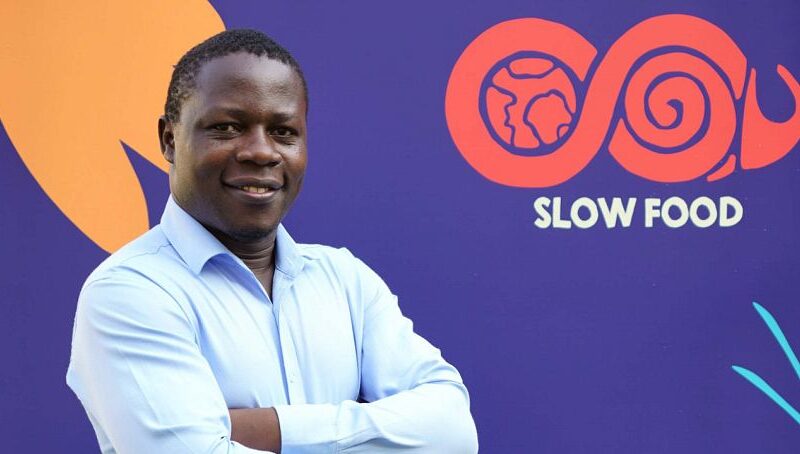Jan-Gisbert Schultze – How a VC investor got bitten by the regeneration bug and went via Joel Salatin, Gabe Brown and Ernst Gotsch deep into syntropic agroforestry
A conversation with Jan-Gisbert Schultze, a VC investor who turned into a regenerative enthusiast and bought a small olive farm, which he is turning into the first syntropic farm in Salento, in Puglia (Italy), a region battered by monoculture olive trees.


